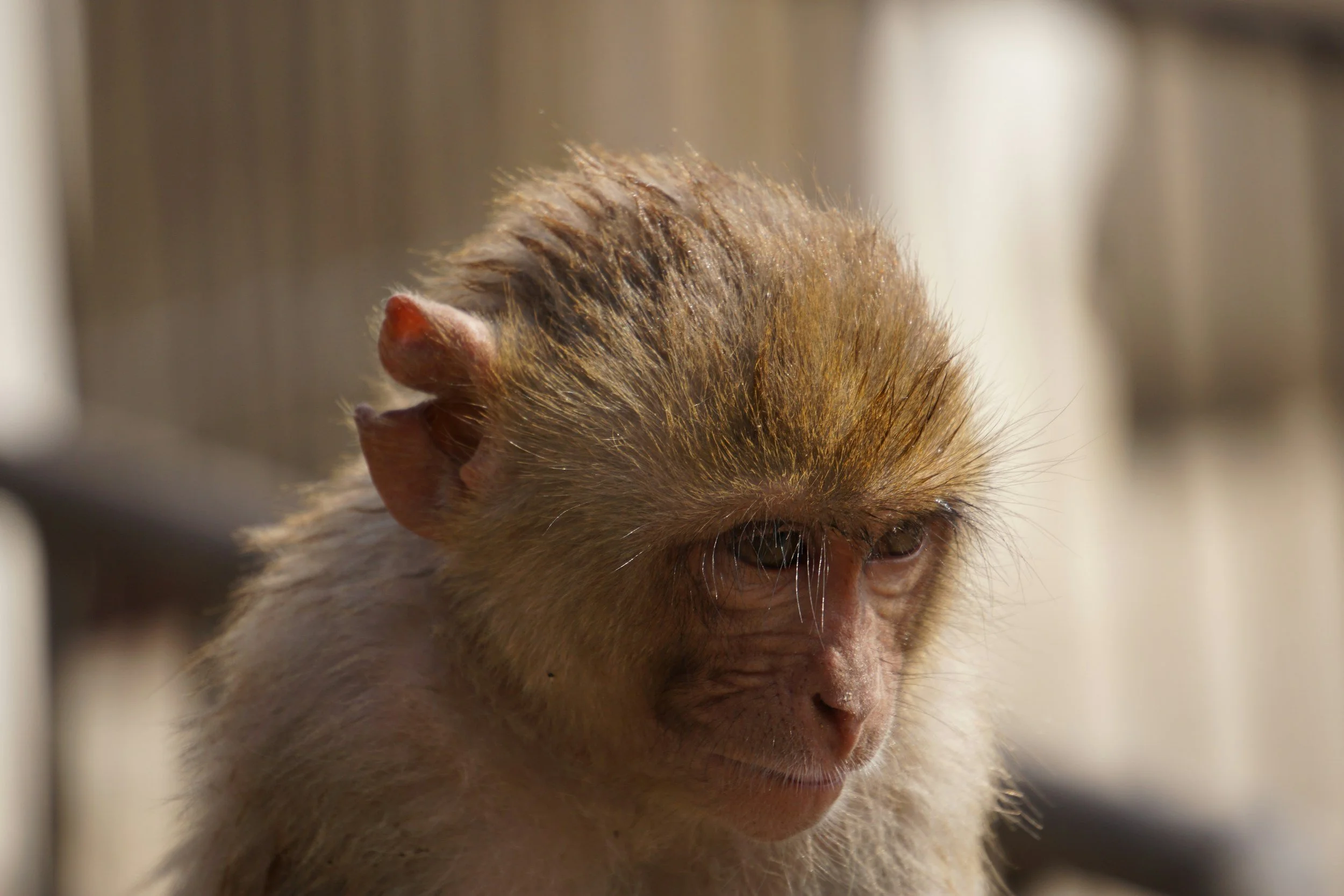More Than 100 Dolphins In Amazon Dead As Water Reaches High Temperatures
Scientists suspect drought and heat, both worsened by climate change, have caused the mass deaths.
An Amazon river dolphin, also known as a pink river dolphin. Credit: Oceancetaceen
More than 100 dolphins have been found dead in the Amazon River as scientists say the water is reaching record high temperatures.
Parts of the Amazon region have been hit by a severe drought in recent weeks, which has resulted in the double threat of lower water levels and increased water temperatures.
This has already resulted in thousands of fish dying in mass, and placing up to half a million people, who rely on the river for water access and as a source of food, at risk.
Now, the bodies of 120 dolphins have been found in the Amazon’s Lake Tefé over the course of a week.
All of the deceased dolphins were Amazon river dolphins, a species which is native and exclusive to rivers in South America. Classified as “Endangered”, they are known for their unusual pink color that they acquire as adults.
“It’s still early to determine the cause of this extreme event but according to our experts, it is certainly connected to the drought period and high temperatures in Lake Tefé, in which some points are exceeding 39 degrees Celsius (102 degrees Fahrenheit)”, the institute said, reports CNN Brasil.
Rescue attempts are now underway to help surviving dolphins, with researchers attempting to transport the animals from the smaller areas of the river to the main body of the river, which is less hot.
However, transferring the dolphins from one area to another is difficult and must be carefully managed, as it can potentially spread toxins or viruses.
Climate Change Is Making Severe Weather More Common
The current drought is attributed to El Niño, a climate pattern that refers to the unusual warming of the ocean surface in the tropical central and eastern Pacific Ocean. While the El Niño has been noted since at least the 1600s, its impact is worsening due to climate change.
“We are seeing a collision of two phenomena, one natural which is El Niño and the other a phenomenon produced by humans, which is the change in the Earth's temperature", Brazil’s Environment Minister Marina Silva told Reuters.
Because temperatures continue to rise due to climate change, the current unprecedented drought “is incomparably stronger and could happen more frequently”, Silva added.
We Have A Favor To Ask…
Species Unite amplifies well-researched solutions to some of the most abusive animal industries operating today.
At this crucial moment, with worldwide momentum for change building, it’s vital we share these animal-free solutions with the world - and we need your help.
We’re a nonprofit, and so to keep sharing these solutions, we’re relying on you - with your support, we can continue our essential work in growing a powerful community of animal advocates this year.
More stories:
Species Unite
A collection of stories of those who fight the good fight on behalf of animals.





As plant-based diets gain scientific backing, critics say the meat industry is deploying coordinated tactics to shape public opinion.